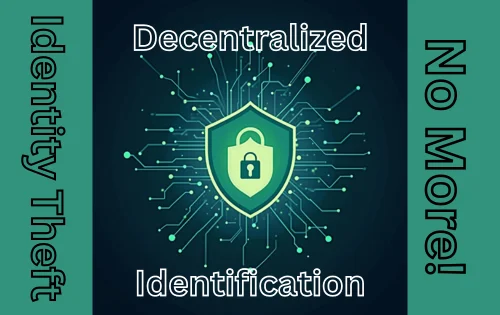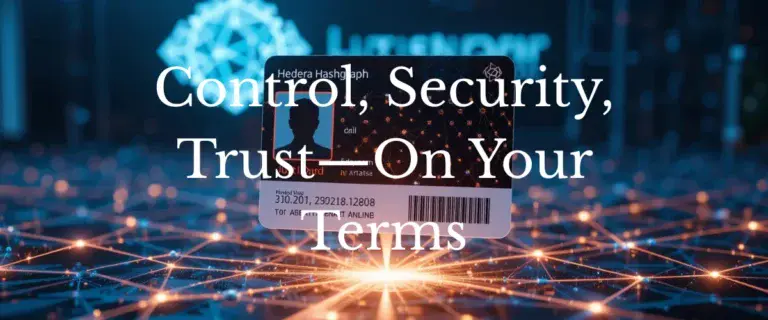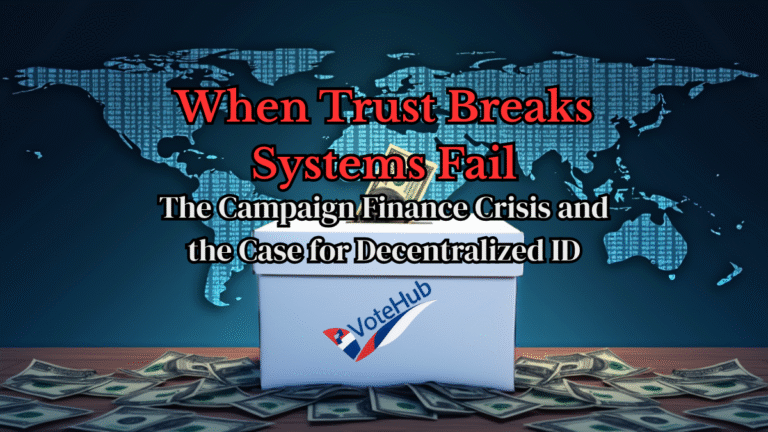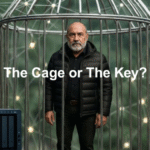Are You a Victim of Digital Identity Theft?
The Alarming Rise of Data Breaches and What You Can Do About It
Web3 Rescued You From
- Millions are affected by rising digital identity theft.
- Frequent data breaches compromise personal information.
- Traditional centralized identification systems are vulnerable to attacks.
- Lack of control over personal data by individuals.
Web3 Rescued Insights
- How decentralized identification empowers individuals.
- The advantages of using blockchain technology for identity management.
- Real-world success stories showcasing the benefits of decentralized IDs.
- Step-by-step guidance on getting started with decentralized identification.
Consider checking out Ledger Nano X, a secure digital wallet for managing your decentralized identities and cryptocurrencies effectively.
How To Get Started With Decentralized Identification
Digital identity theft is on the rise, affecting millions each year. With news of data breaches surfacing every few weeks, people are left struggling to protect their personal information. Who hasn’t received one of those “we regret to inform you” emails about a data leak? It’s painful to see so many caught in this mess.
Here is another one – Cloud-based hotel management platform Otelier hit by data breach, Hilton, Marriott, and Hyatt affected.
Traditional digital identification methods rely on centralized databases—massive servers that serve as prime targets for hackers. These systems not only pose significant security risks but also strip away personal control over your identity. Who do you want controlling your digital ID: the government, large corporations, or you? 100 times out of 100, I want that control.
This is where decentralized identification comes in. It empowers you to manage your digital identity securely and privately by shifting control from vulnerable targets to individuals, utilizing blockchain technologies. With data breaches at an all-time high, isn’t it time we explored smarter solutions?
Decentralized Identification – A Revolutionary Approach
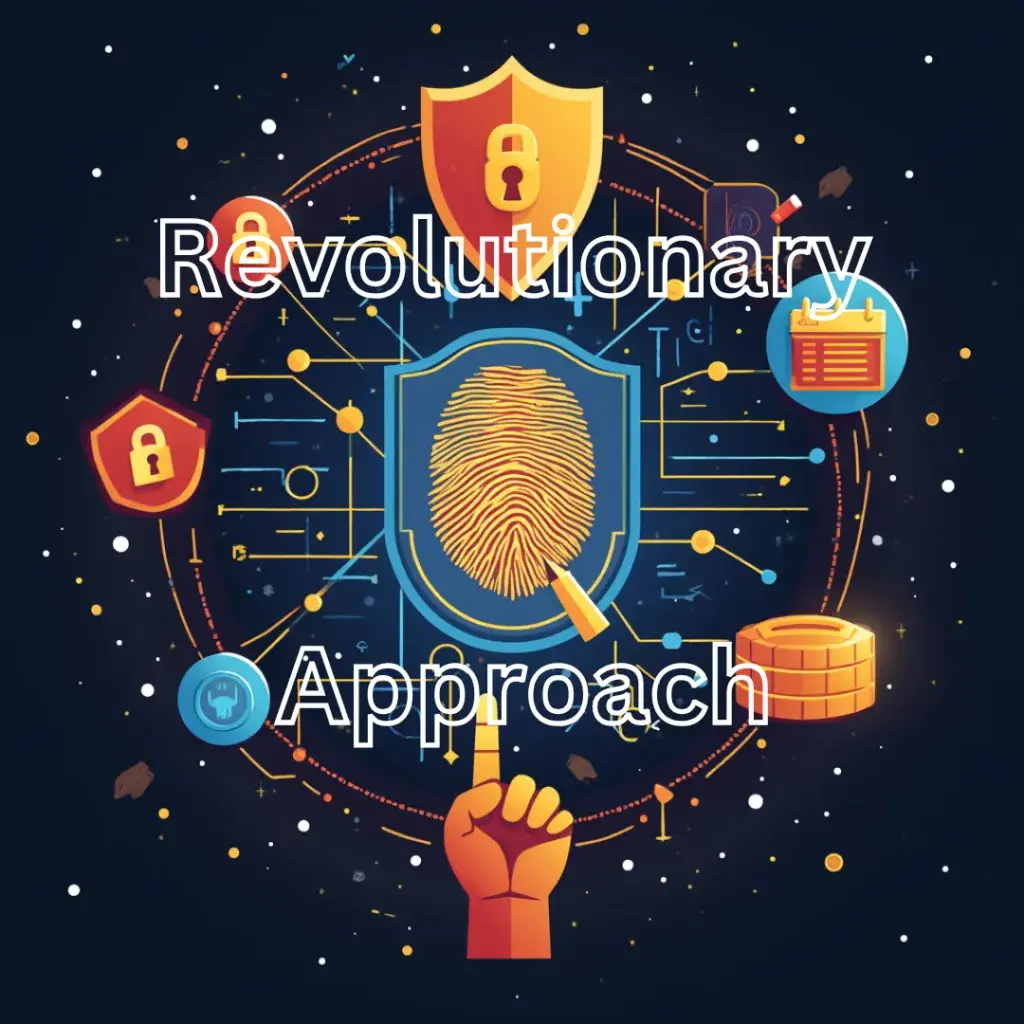
Decentralized identification is a game-changer in the world of digital identity. Unlike the old-school centralized systems, decentralized IDs use blockchain technology to securely put you in control. This means your identity is no longer stored on a single server or database, making it much harder for hackers to get their hands on your personal information.
At its core, decentralized identification allows you to manage your digital footprint securely and privately. By keeping your data across multiple nodes rather than one vulnerable spot, it creates a more resilient environment. It’s kind of like spreading your valuables out instead of keeping them all in one easily targeted safe. This layered approach is what makes this method so appealing.
Empowering Control and Privacy with Decentralized Identification
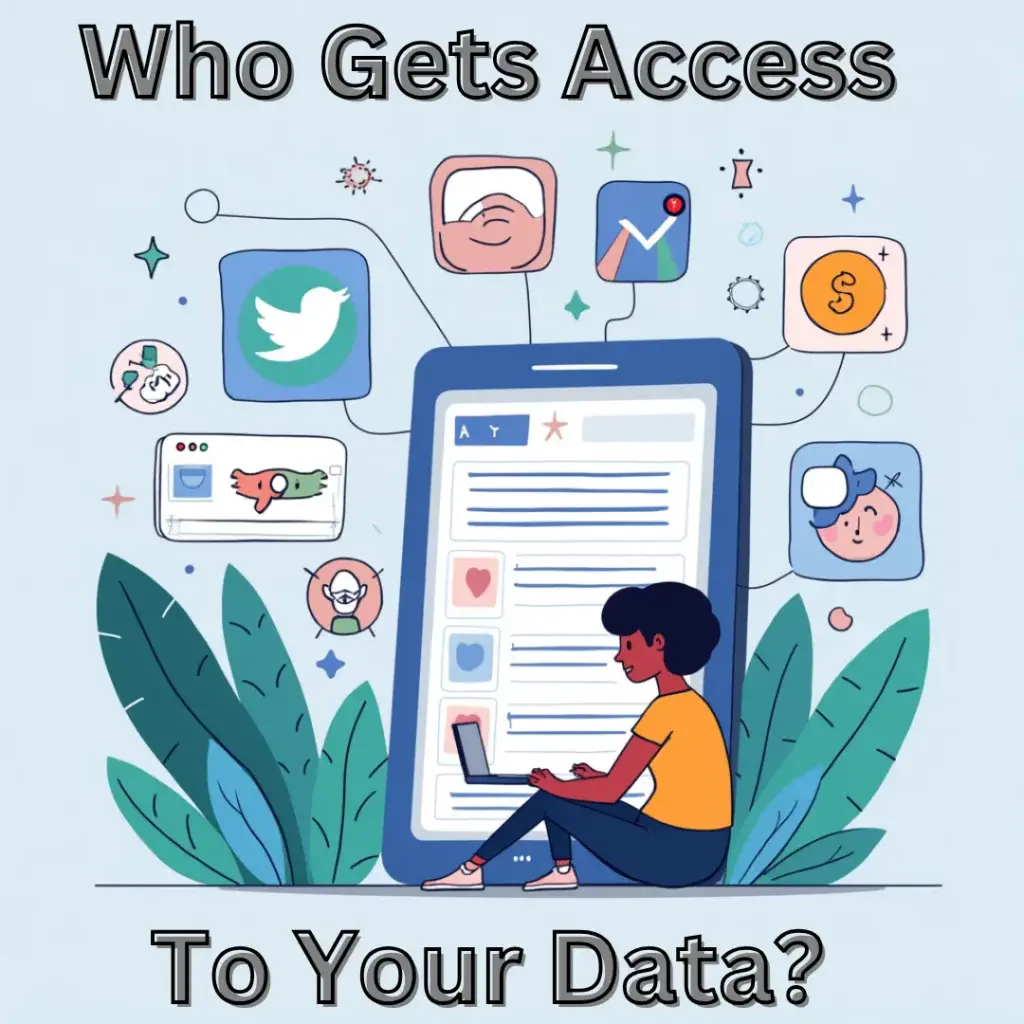
The benefits aren’t just about security, though. With decentralized IDs, you gain back control over who accesses your information and when. That means no more companies using your details without your permission, and you can actually choose what to share with apps or websites.
Decentralized identification is gaining traction globally because it aligns with our growing need for privacy and security. As cyber threats evolve, there’s an increasing realization that our traditional methods are just not cutting it anymore. It offers a forward-thinking solution that advocates for a safer digital world, aligning perfectly with our need to protect our personal data.
Navigating the Decentralized Landscape – Step-by-Step for Beginners
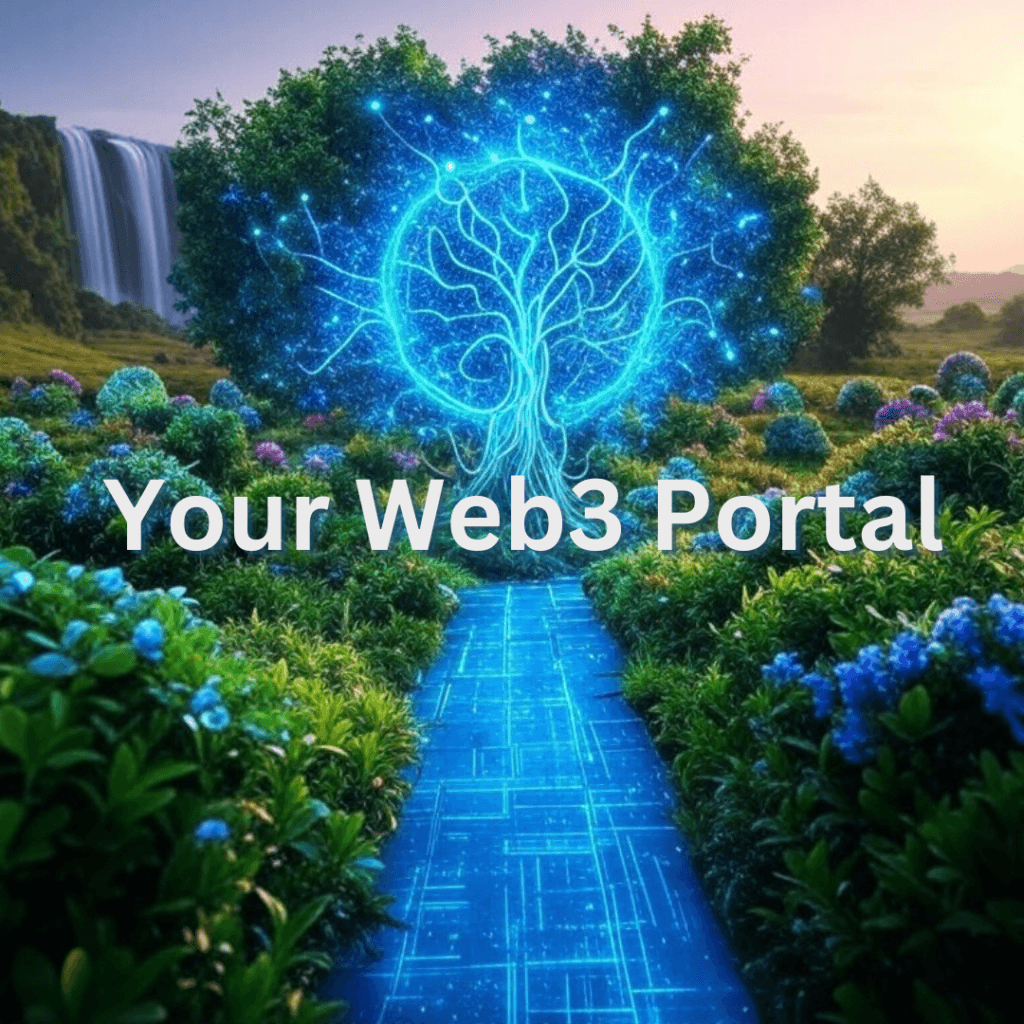
Getting started with decentralized identification might seem daunting, but it’s more straightforward than it looks. The first thing to get comfortable with is blockchain technology. I have a great primer The Web3 Revolution: Reclaim Your Digital Identity Today! Think of blockchain as a digital ledger that’s not controlled by any single entity. Getting a basic understanding of how blockchain works will make everything else fall into place.
Next, you’ll want to pick a decentralized identity platform. There are a good few out there, each with its own perks. Look for one that matches your needs, whether you’re focused on privacy, user-friendliness, or specific use cases. Do a bit of homework and maybe try out demos of a couple of different platforms to get a feel.
1. Microsoft Microsoft Entra ID Verifiable Credentials (Formerly Azure Active Directory)
Microsoft Entra ID Verifiable Credentials streamlines identity management, offering secure access to Microsoft services while safeguarding your personal data. It enables quick online identity verification, enhancing convenience and security.
- Strengths
- Seamless integration with Microsoft services.
- Robust security features and enterprise support.
- Use Cases
- For Businesses: Ideal for organizations already using Microsoft products, enabling secure identity management for employees and customers.
- For Individuals: This can be beneficial for personal identity management, especially for those who use Microsoft tools for work or personal tasks, allowing them to manage their credentials securely across services.
2. Singularity Finance (SFI) – SelfKey, SingularityDAO, and Cogito Finance Strategic Merger
Singularity Finance (SFI) offers a comprehensive DeFi ecosystem that combines advanced identity management with AI-driven financial tools, ensuring security and user control over personal data. By joining SFI, you gain access to unique investment opportunities and a community-centric platform designed for growth and innovation in the decentralized finance space.
- Strengths:
- Comprehensive wallet for managing identities and documents.
- Focus on user privacy and data security.
- Use Cases: Useful for both personal identity management and businesses requiring secure onboarding processes, like financial services or e-commerce platforms.
3. Evernym
Evernym is a pioneering platform that empowers users with self-sovereign identity solutions, enabling individuals to own and control their personal data securely. By leveraging blockchain technology, Evernym facilitates seamless and private interactions across various services, fostering trust and enhancing user privacy in the digital world.
- Strengths:
- Strong focus on user empowerment and privacy.
- Offers tools for building decentralized identity solutions.
- Use Cases: Ideal for organizations needing verified identity solutions, such as governments issuing digital IDs or companies providing secure access to services.
Best Platform for Individuals: Evernym
Evernym stands out as the best choice for individuals seeking decentralized identity solutions due to its strong emphasis on self-sovereignty and privacy. By enabling users to fully control their personal data, Evernym fosters trust and enhances privacy in digital interactions. Its user-friendly tools are designed for seamless integration across various services, making it ideal for those who want to manage their identity securely while enjoying the benefits of decentralized technology.
Additionally, Evernym’s focus on empowering individuals—whether for personal use or for organizations needing verified identity solutions—ensures that users can confidently navigate the digital landscape without compromising their privacy.
Notably, Evernym was acquired by Avast, which is part of the Gen family. This acquisition enhances Evernym’s credibility as a leading provider of decentralized identity solutions. With the backing of a well-known cybersecurity company, Evernym now has increased resources and technology at its disposal, leading to potential improvements in its products and services. This partnership also broadens its reach, allowing for greater integration with various platforms, which is appealing to users seeking long-term, reliable solutions.
In summary, Evernym not only prioritizes user privacy and control but is also well-positioned for future innovations in the digital identity space.
Digital Wallets
Setting up a digital wallet is essential for managing your decentralized IDs. Think of it as a secure, digital space where you can store your identification and credentials. This wallet not only helps you keep your personal information organized but also enhances your security in the digital landscape. Here are a few key points to consider:
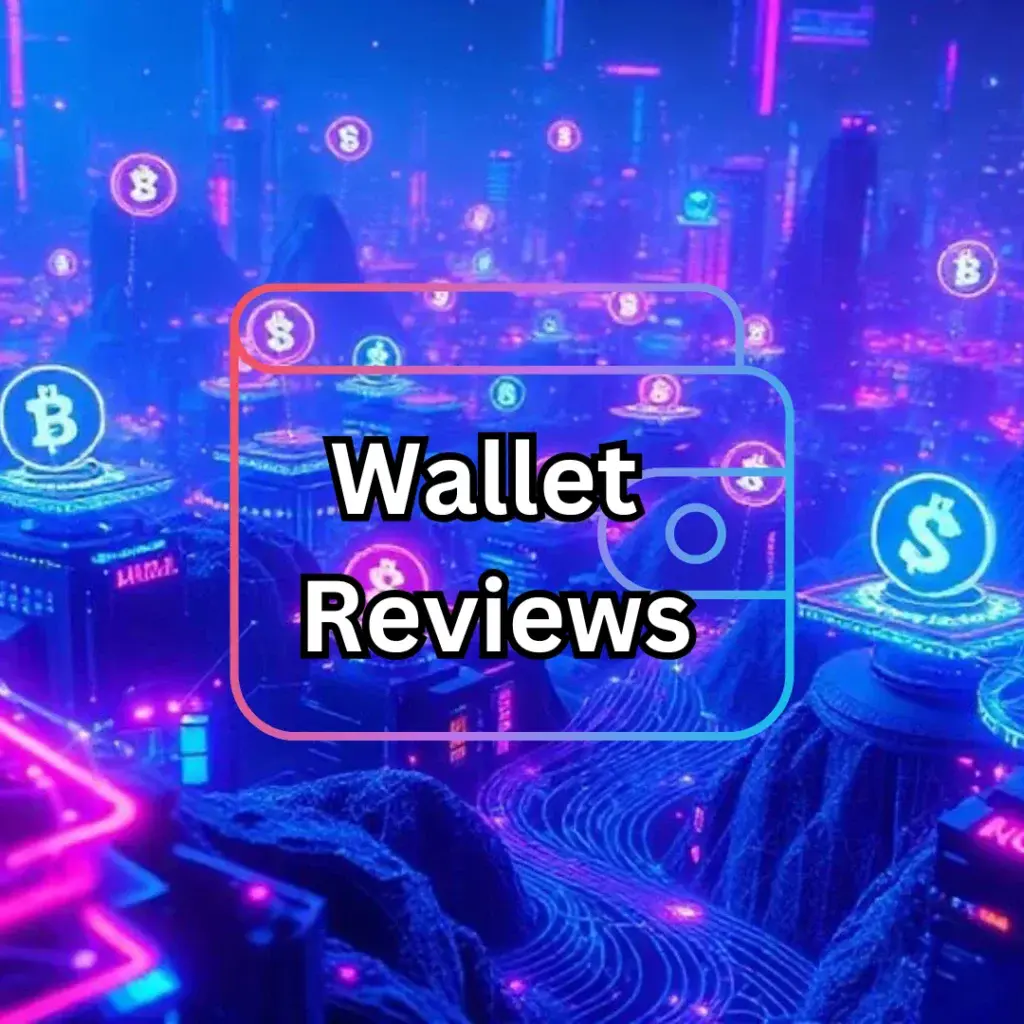
Security Settings: Pay close attention to your wallet’s security settings. This is crucial for protecting your personal data from unauthorized access.
Backup: Always back up your wallet to avoid potential hassles later on. Most platforms provide guidance on how to do this effectively.
User Reviews: Before diving in, it’s wise to read user reviews for tips and tricks that can help you navigate the setup process more smoothly.
As you explore this new technology, remember to stay curious and patient. Learning about digital wallets and decentralized identities is a journey, and finding the right tools that work for you is part of the process. Before long, you’ll be navigating the decentralized world like a pro, equipped with the knowledge and skills needed to keep your digital identity safe and secure.
For more insights on the importance of digital wallets in managing decentralized IDs, check out our detailed post on the topic.
Success Stories, Use Cases, and What Are We Thinking
Decentralized identification isn’t just a quirky tech idea; it’s already making waves in real-world scenarios.
The Case of Evernym and the City of Seoul
In 2021, the city of Seoul, South Korea, began implementing a decentralized identification system using Evernym’s technology. Faced with issues like data privacy and security breaches, the city sought a solution that would empower its residents to control their personal information.

By adopting this decentralized ID system, citizens could verify their identities without the need for sensitive personal data to be stored on centralized servers. For example, when applying for public services or verifying their age for certain purchases, residents could use their decentralized IDs to prove their identity securely and privately.
The results were significant. The city reported a reduction in data breach incidents and an increase in resident trust. Citizens felt more secure knowing they had control over their personal information, leading to higher engagement with city services.
Education
In education, some universities are adopting decentralized IDs to issue diplomas and certificates. This shift not only ensures the credentials are tamper-proof but also allows students to manage their achievements digitally without relying on school databases—freedom and security in one go.
- University of Nicosia (UNIC), Cyprus: UNIC, a leading university in cryptocurrency and blockchain education, has been issuing blockchain-based academic certificates since 2014. These certificates are verifiable on the Bitcoin blockchain, providing a secure and tamper-proof record of academic achievements. This is a prime example of a university using decentralized technology for academic credentials.
- Massachusetts Institute of Technology (MIT): MIT has been a leader in exploring blockchain technology for various applications, including digital credentials. In 2017, MIT’s Media Lab piloted a program called “Blockcerts” to issue digital diplomas. This initiative allows graduates to securely store and share their credentials, giving them greater control over their academic records.
Healthcare
The healthcare sector is seeing some cool changes too. With patient records being stored on a decentralized network, hospitals can offer secure access to health data without the usual red tape, enhancing both patient safety and care.
- MediLedger: Securing the Pharmaceutical Supply Chain: MediLedger is a US-based network utilizing blockchain to address critical challenges within the pharmaceutical supply chain.
- The US pharmaceutical supply chain is complex and vulnerable to counterfeiting and other issues. MediLedger’s use of blockchain provides a robust solution to these challenges, improving patient safety and ensuring the integrity of the medications people rely on.
And it’s not stopping there. Decentralized ID systems are starting to pop up in finance, where banks are using them to streamline identity verification processes, saving time and cutting costs while improving user experience.
Each story is a testament to how impactful this technology can be. By embracing decentralized identification, these organizations and individuals not only protect their valuable data but also unlock new levels of efficiency and trust.
Decentralized identification is paving a new path, showing us that there’s a better way to safely manage our identities in the digital space. All it takes is a few trailblazers to demonstrate its potential before the rest of the world follows suit.
Wisdom from the Experts: Decentralized Identification Perspectives
Hearing from experts who’ve been in the trenches can really make a difference when you’re exploring new tech like decentralized ID. Folks like blockchain pioneer Andreas Antonopoulos emphasize the shift towards user-centric control, pointing out that decentralized IDs empower people by handing back control over personal data.
Looking ahead, there’s plenty of buzz about the growing role of decentralized IDs. Industry analysts predict a surge in adoption as more people and businesses realize the benefits of this tech in terms of data protection and user privacy.
Tips from those in the field often highlight the importance of staying informed. New developments are emerging rapidly, and keeping up with the latest trends can help you make the most of decentralized identification.
If you’re just stepping into this world, embracing a learning mindset is crucial. Experts suggest taking online courses or joining blockchain communities to better understand the shifts happening in digital identification.
By tapping into these insights, you’re not just adopting a technology; you’re also joining a movement toward a more secure and private digital future.
Join us in championing Web3 Rescued and helping shape a more equitable digital landscape for everyone!
Share this post to help others discover the transformative power of Web3 and Web3 Rescued.
Let’s work together to build a decentralized future!

